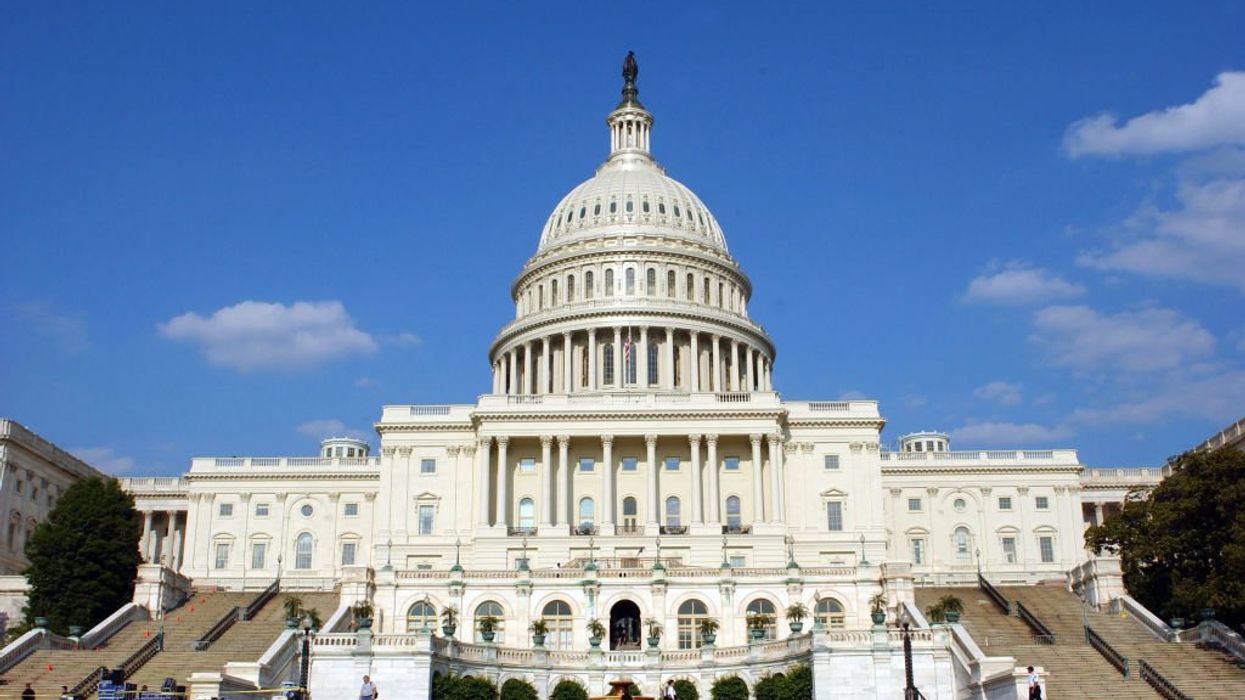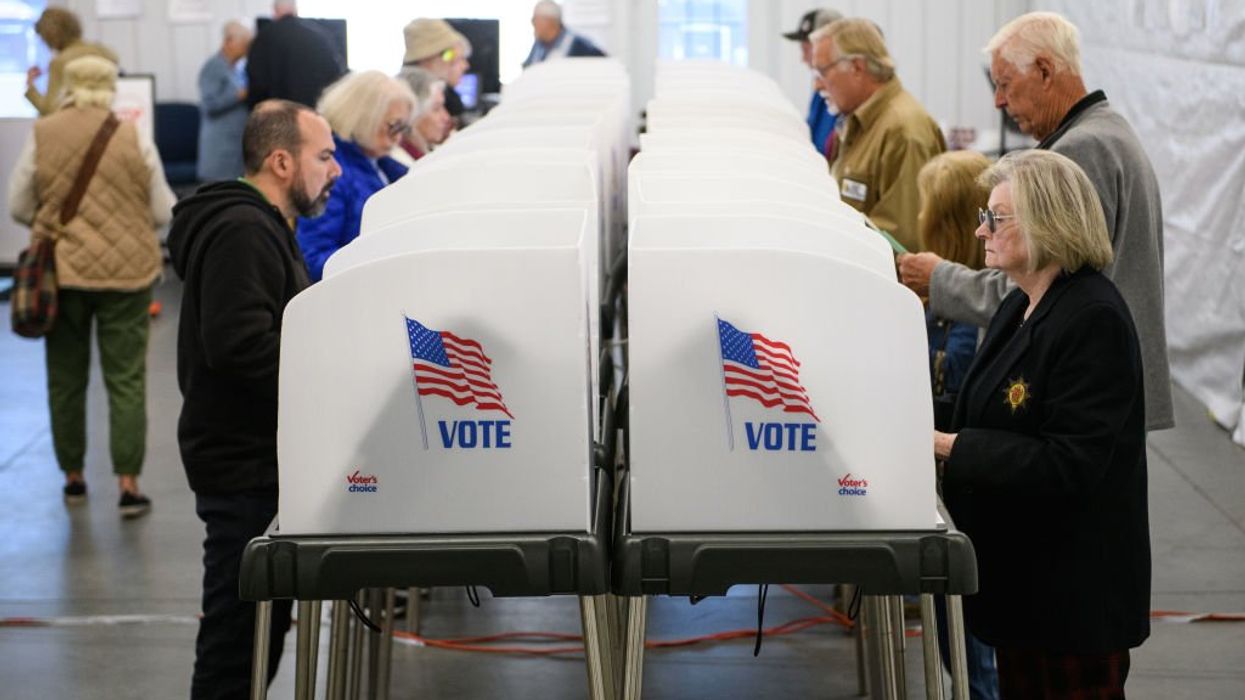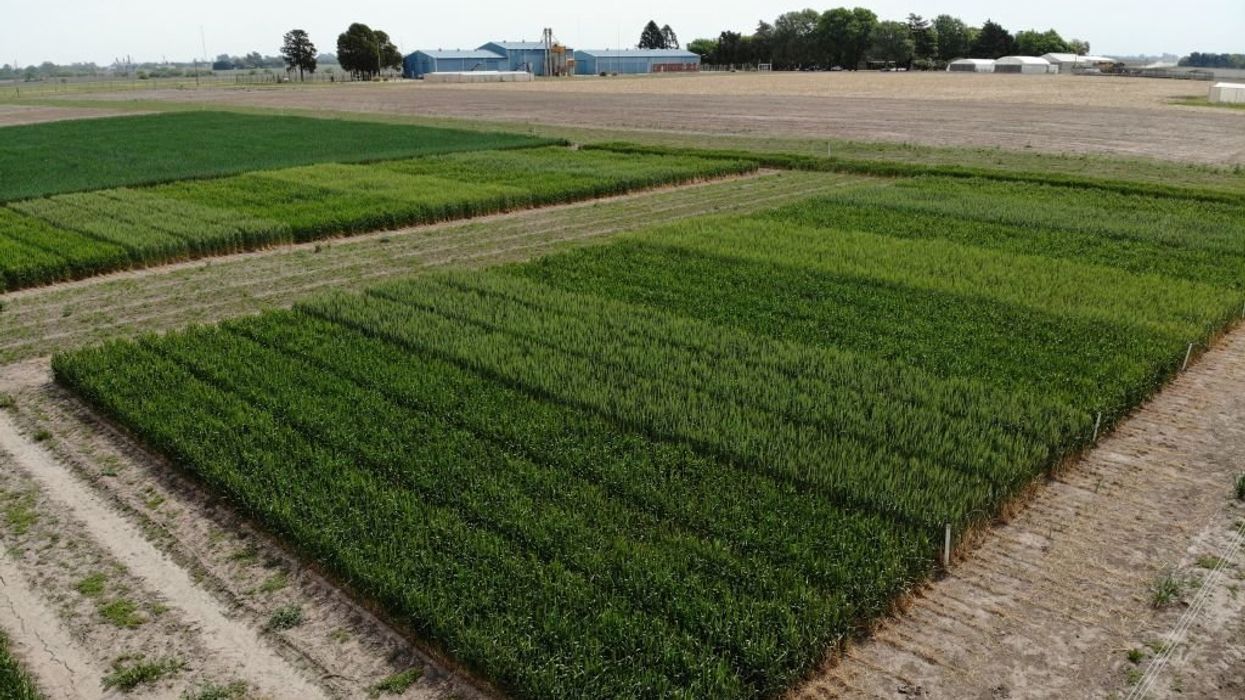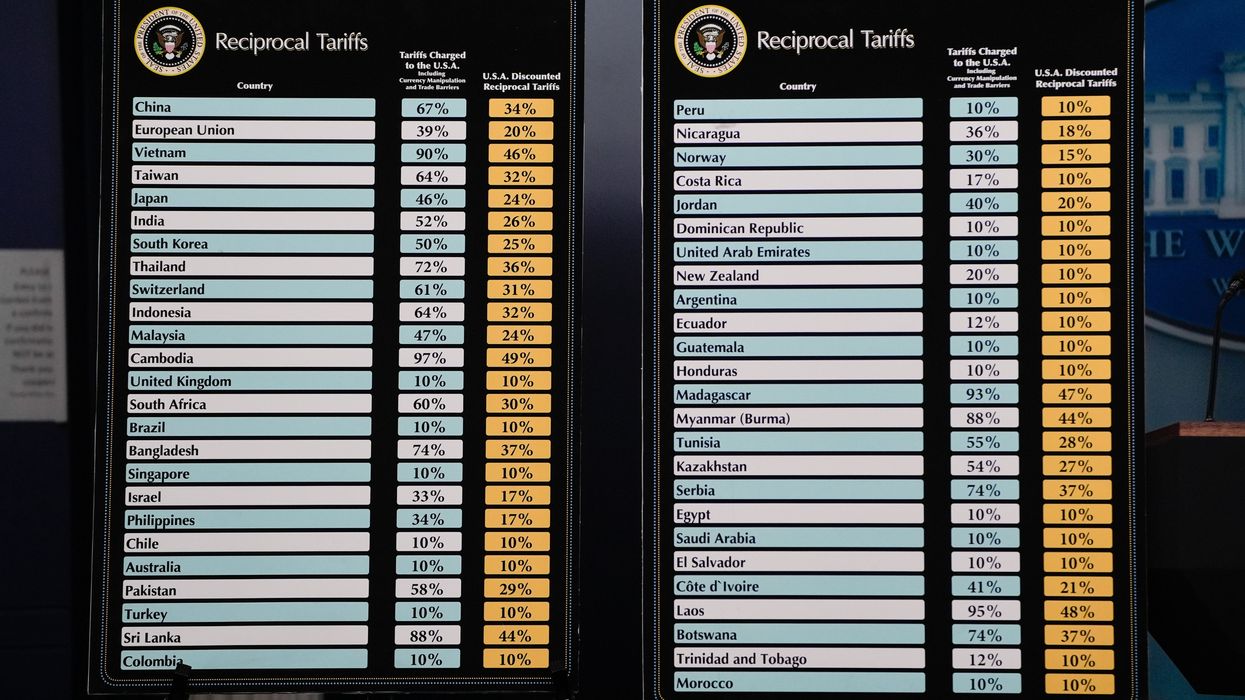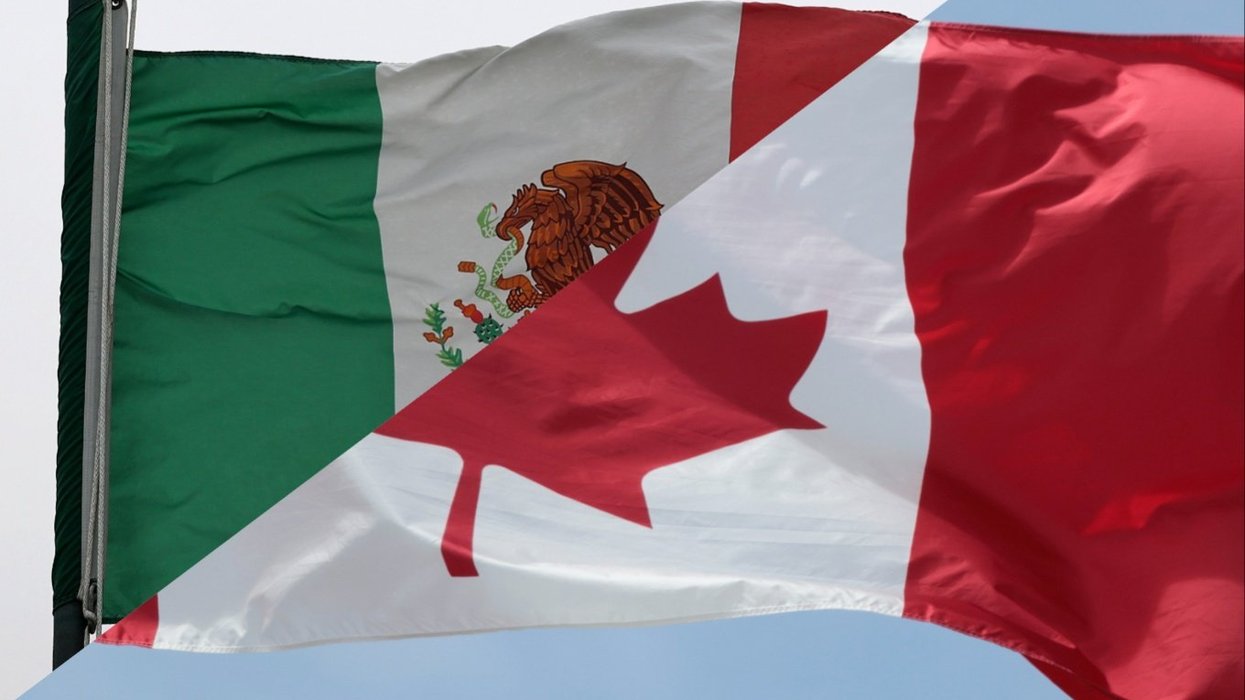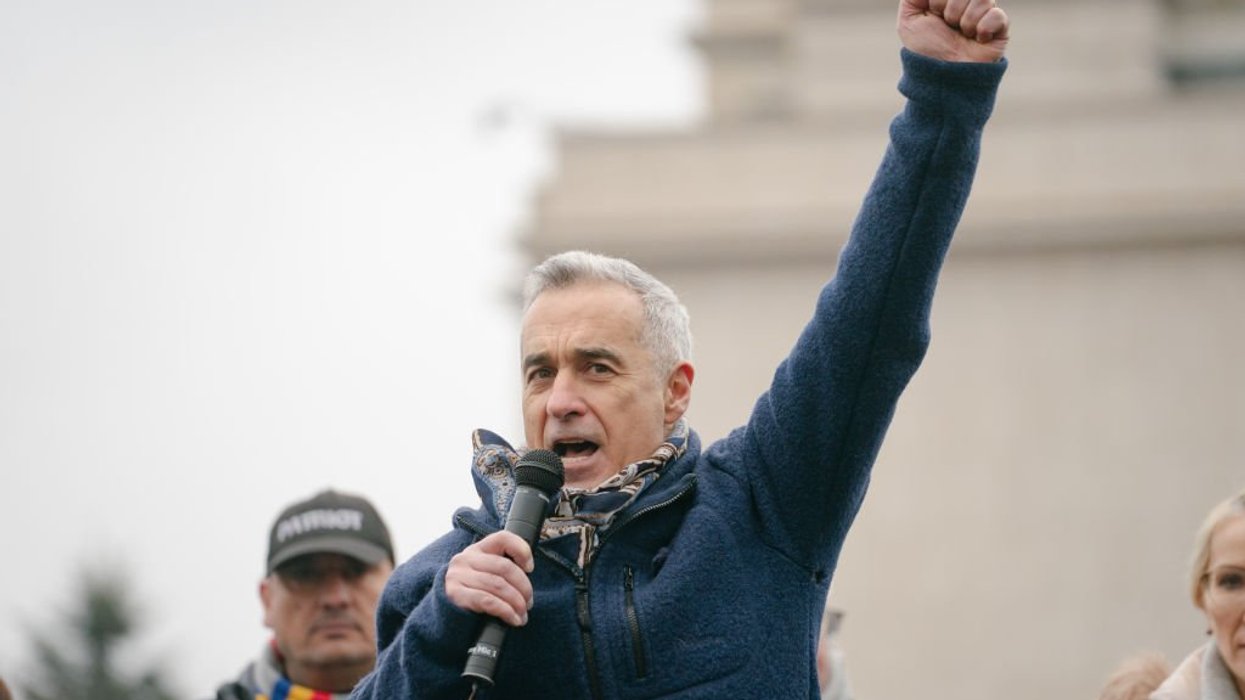Late last week, portions of the Great Plains were buried by a record snowfall that will more than likely have a huge impact on your wallet, but the media has been all but silent.
“Okay. I want to tell you another story, and this story is one that… I don't think anybody in the national media has told,” Glenn said on radio this morning. “I got an urgent tweet. This woman tweeted like six times. And she was like, ‘We need help. We need help.’ They're calling it now the blizzard that never happened.”
Ranchers are still digging out thousands of their cattle that became buried in a record-setting snowstorm in South Dakota late last week and over the weekend.
One would think the death of 75,000 cows by upwards of five feet of snow might get some national attention, but as one blogger observed, it has taken some time for the news of the precipitation massacre to reach outside of local media.
…
Early estimates suggest western South Dakota lost at least 5 percent of its cattle, said Silvia Christen, executive director of the South Dakota Stockgrowers Association. Some individual ranchers reported losses of 20 percent to 50 percent of their livestock, Christen said. The storm killed calves that were due to be sold soon as well as cows that would produce next year’s calves in an area where livestock production is a big part of the economy, she said.
“This is, from an economic standpoint, something we’re going to feel for a couple of years,” Christen said.
A fierce snowstorm rolled out of the Rocky Mountains last Friday with devastating effects. Trees were downed, state offices closed, and more than 200 miles of Interstate 90 across Wyoming and South Dakota was completely closed. Much of the area is still without power.
“Everything that could go wrong in a storm went wrong in this storm,” Glenn said. “Mercury One is trying to figure out how we can even get resources up to help them, what we can do to help them, but parts of the state are just completely out.”
Typically when we see a weather event of this magnitude – whether it be a tornado, hurricane, or blizzard – the national media pays attention. But so far there has been little to know coverage of this disaster.
“We did a LexisNexis search. No one has covered this. We found out about it, again, because somebody – I don't even know her story, if she lived there or somebody that she knows lived there and got the information out and tweeted it and said, ‘Please, Glenn, they need help. Somebody needs to report on this,’” Glenn explained. “A week after this snowstorm, no mentions of it at all in any national media. None.”
So why the silence? Glenn had a few theories.
“I think it's a combination of three things. I think that does play a role, that it is against the global warming thing,” Glenn said. “Two, there's a lot to cover on the news that is about Washington, everything that's going on in about Washington. Three, the news departments don't have any resources out there. So you have to fly in a news crew and everything is closed… You don't have any resources necessarily out there. I find that a very weak excuse for the networks at least.”
“Here's what you need to know about this: 75,000 cattle. You may say you don't care about it. Oh, you will when you see the price of hamburger in the next few months because all of these cows that would have gone to your plate are now dead,” he continued. “These are farmers. These are the best of the best. These are people that are the backbone and always have been the backbone of our country. These are the people that are feeding you.”
Below is an Dothan, AL report about the storm:
Front page image courtesy of the AP

